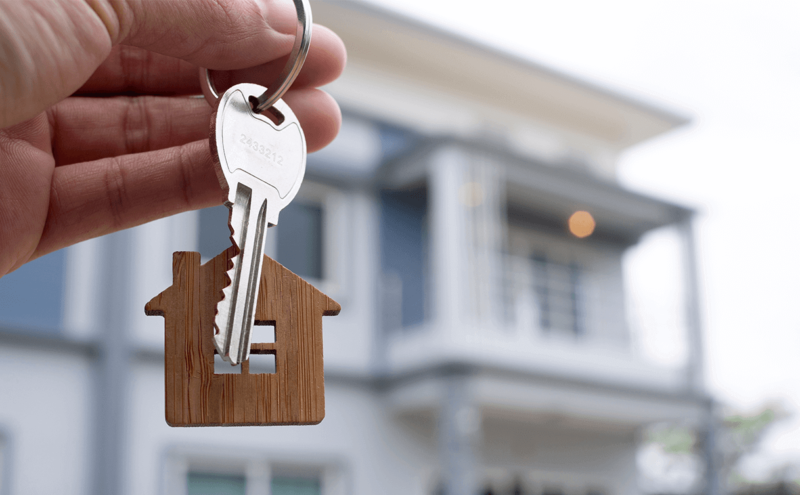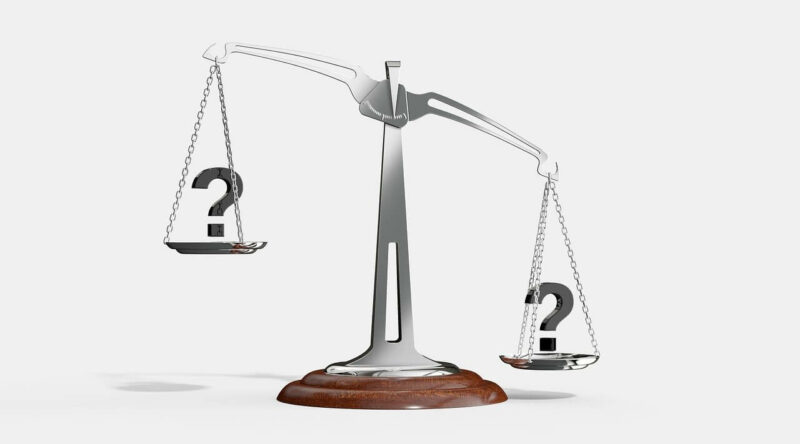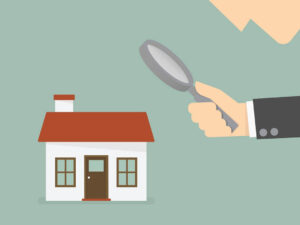Buying a home is not only a dream for most Americans but also a solid investment. Homeownership is the most accessible avenue for building wealth in this country. Many potential buyers often ask, is it worth it? What are the perks of buying a house? What about the cons? There are many considerations to examine before taking the plunge into buying a home and taking a good look at the breakdown of the pros and cons of buying a house to help you make an informed decision.
Key takeaways
- Pros: Long-term investment, tax benefits, improved credit score.
- Cons: High upfront costs, maintenance responsibility, property depreciation, difficulty in moving.
- Homeownership requires financial planning and consideration of both pros and cons.
Pros of buying a house
There are many pros to buying a house. Besides it being a long-term investment, it is an ideal way to build wealth and leave an inheritance for future generations. Let’s take a closer look at the other advantages:
Long-term investment
Buying a home is an important long-term investment. Keep in mind, when referencing appreciation in a property, this appreciation applies to the land itself. Regardless of whether it is a house, townhome, condo, etc., the structure always depreciates. The best way to increase property value is to do your research on location. Choose a solid neighborhood in an upwardly mobile area surrounded by thriving businesses or schools. Home upkeep is important, but location is the most vital metric.
Building home equity
Equity is the homeowner’s unencumbered interest in their property, or the amount that the homeowner owns free and clear. As the mortgage is paid down, home equity increases. The more home equity you have, the higher your assets and the more liquid cash you can acquire.
Tax benefits
As a homeowner, you may be able to deduct interest payments as an itemized deduction on your annual tax file. This means less money to Uncle Sam and more money in your pocket.
Steady finances
A fixed monthly mortgage offers a steady expectation for monthly expenses. Unlike rent, which can fluctuate and be raised with little notice, the mortgage remains the same month after month. Having an awareness of housing costs in the long term can help in long-term financial planning.
Your credit
Timely mortgage payments are an excellent way to improve your credit score. A good credit score will help you not only should the need for an unexpected expense arise but also if you’d like to refinance your home for a better mortgage rate down the road.
Cons of buying a house
Just as there are pros to buying a home, there are cons too. The cost of maintaining a home and depreciation are just two of these cons. Let’s take a closer look.
High upfront costs
Buying a house is a big investment—and it’s not only about the price tag of the house. A home purchase accrues additional expenses that are often not anticipated. These include property taxes, lawyers, appraisal fees, and home inspection. Not to mention any repairs that may not have been negotiated in the purchase contract. Maintenance and repairs will be an ongoing expense. Be prepared to stay in your new home for at least five years. It takes this long for you to begin to see a return on your investment after the initial purchase. The majority of your mortgage payment for the first few years will essentially be paying down the interest. After this time period, you’ll start to build equity, which is the amount of the home that you own free and clear.
Make sure that you’re financially prepared for buying a home. Buying a home is generally more expensive each month than renting, especially when factoring in property taxes and things like maintenance and repairs. If not financially prepared, the negative impact on the monthly budget can be tremendous. But the rewards are just as tremendous if you are prepared.
Maintenance and repairs
Homeownership allocates responsibility for all maintenance and repairs of the home and property. Even with regular maintenance, major repairs can catch a homeowner off guard. Setting aside a fund for home repair emergencies and upkeep is wise.
Depreciation
There is always the possibility of property depreciation, even with careful location planning. Some communities may become depressed through a major mishap or changes in outlying areas. If a homeowner is unable to afford the upkeep on a house, the structure itself can suffer sharp depreciation (more so than is typical in an equivalent structure), due to damage.
Illiquidity
Illiquidity is when your assets are not easily converted to cash without taking a substantial loss. While it is considered an asset, it cannot be quickly sold for cash and sell for a profit at all. Purchasing a home is a long-term investment.
Harder to move
For those who move from place to place because of work or lifestyle, keep in mind that moving becomes more difficult when you own a home. The house must be staged and put on the market, a buyer found, closing paperwork prepared, as well as a new home procured. This can take several months, not to mention the stress and frustrations that come with it. If multiple moves are essential, renting may be the better option until you are more stable.
Weigh the pros and cons of buying a home
In the end, the decision to buy a house is more than just the breakdown of pros and cons. Owning versus renting is a question of means, opportunity, and ultimately, personal preference. There are homeowners who are happy with their choice, even while in straightened circumstances otherwise. Likewise, there are people who can well afford a house that enjoys the life of a renter. Careful consideration of means and preference is necessary to decide if homeownership is right for you.
When the time is right and you’re ready to buy, reach out to a Hero Home Programs™ representative. They work with homeowners to line up the best financing options and maximize savings on home-buying costs.














